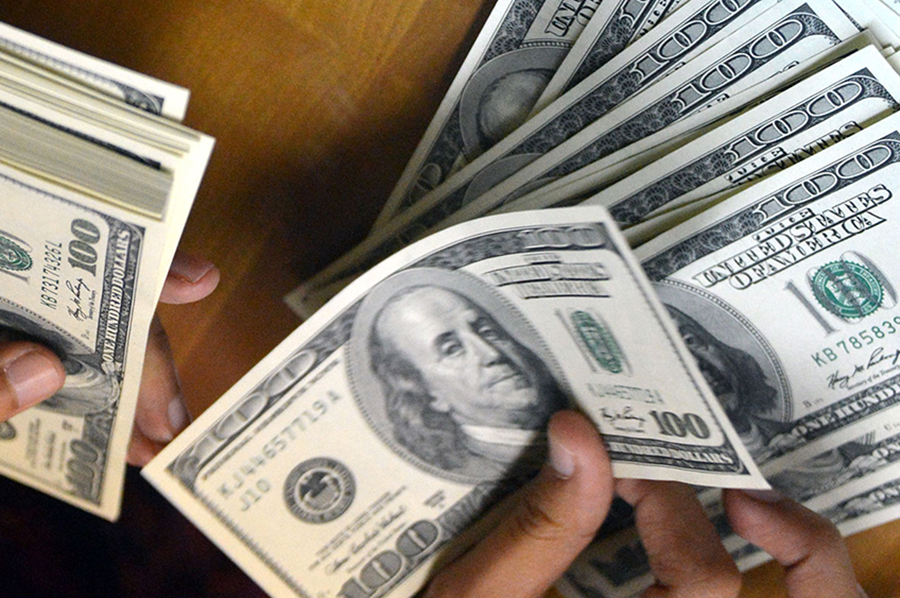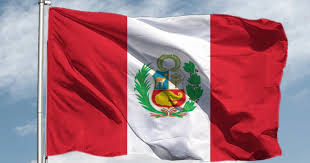KUALA LUMPUR, Aug 26 (NNN-Bernama) — The US Federal Reserve (Fed) still has more room to manoeuvre its monetary policy to fight inflation pressure, Synergy Link Capital Pte partner and director Andy Tan said.
However, he reckons taming the inflation is a difficult challenge because US producers have yet to pass on cost to customer.
‘’Energy prices are likely to rise further. This feeds into fertilisers cost, which then add on to prices paid by consumers. Inflation is not transitory and has not peaked.
‘’So, we will definitely hit double digit (inflation) this year. The US government is doing as much as it can to moderate this but energy prices have started to climb. Crude oil is now above US$95 per barrel and we are not into winter yet,’’ he said during a webinar “Inflation Fears and Index Futures Outlook.”
With Europe starting to stock up gas for winter and the Russia-Ukraine war continuing to disrupt food and energy supply chain, inflation could be higher in the months to come.
US annual inflation rate stood at 8.5 per cent in July after hitting 9.1 per cent in June. People have not experienced such high inflation in 40 years. At the same time, US employment rate is close to an all-time high, he said.
Hence, Tan said, with the current loose financial conditions, hiking rates is one of the main tools the Fed can use, with more rate hikes on the horizon.
‘’Right now, we are looking at another 50 basis points by year end. These are just some of the tools the Fed are using. There are also talks about the Fed reducing their balance sheet this year as well,’’ he said.
The Fed has lifted its benchmark overnight interest rate by 225 points this year to a target range of 2.25 per cent to 2.50 per cent.
He said Malaysia will not be spared from the adverse effects of global rising inflation trend amid the country’s dependence on imports and a weaker ringgit.
‘’The country is in a rising interest rate environment due to imported inflation. We are experiencing higher crude prices and fertilisers. This translates into food cost among other things,’’ he added.
Only China and Japan are reducing their interest rate. China trimmed its key lending rates to address property debt problems and to shore up its economy hurt by extended COVID-19 measures.
— NNN-BERNAMA





